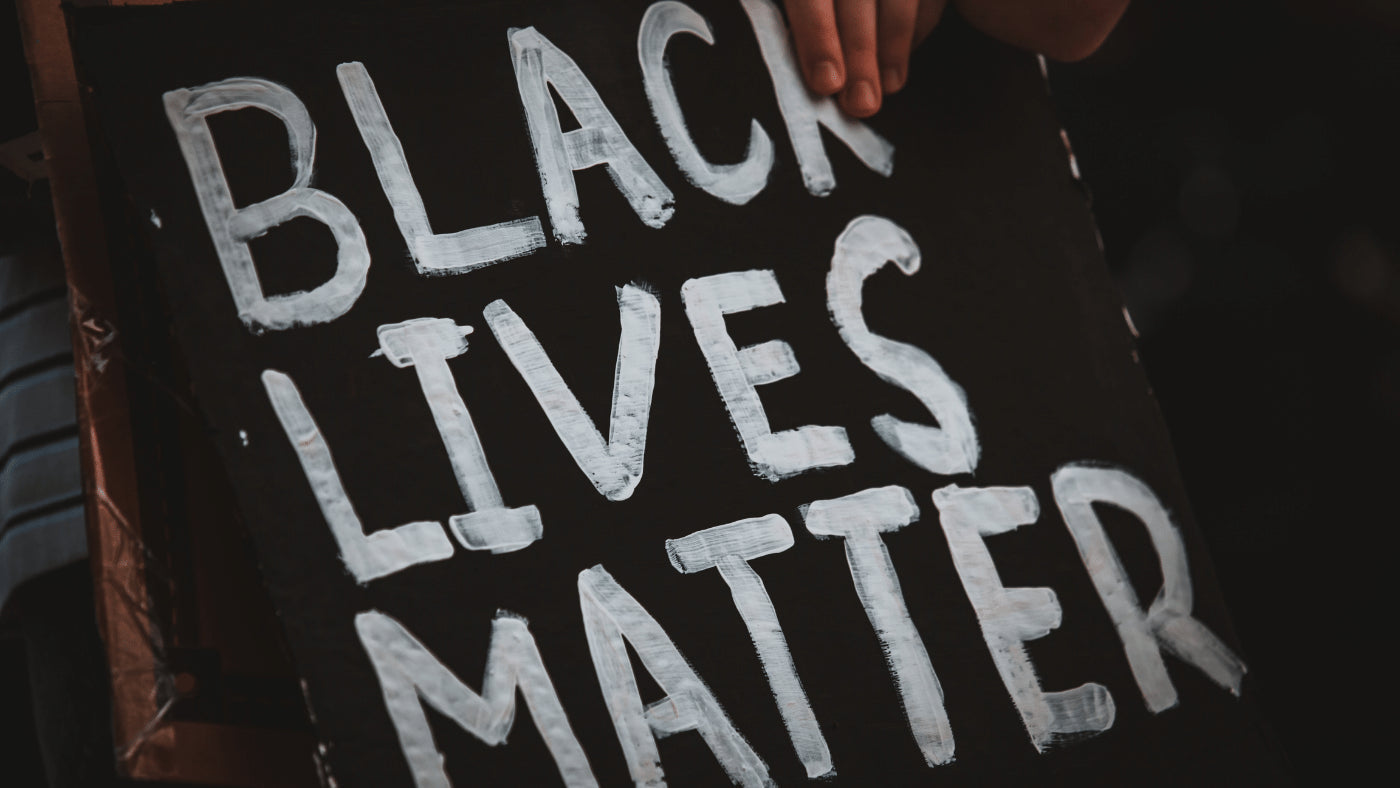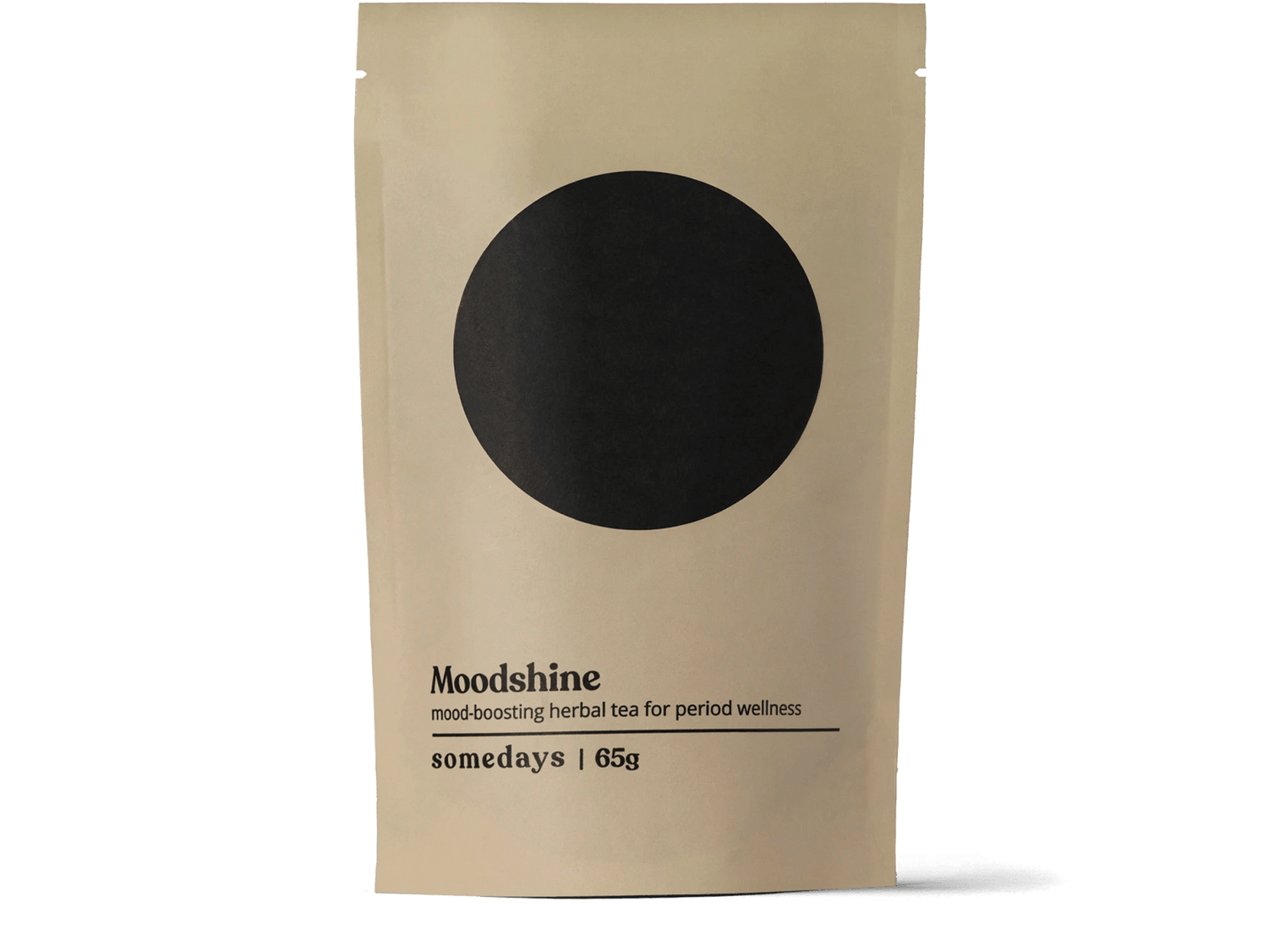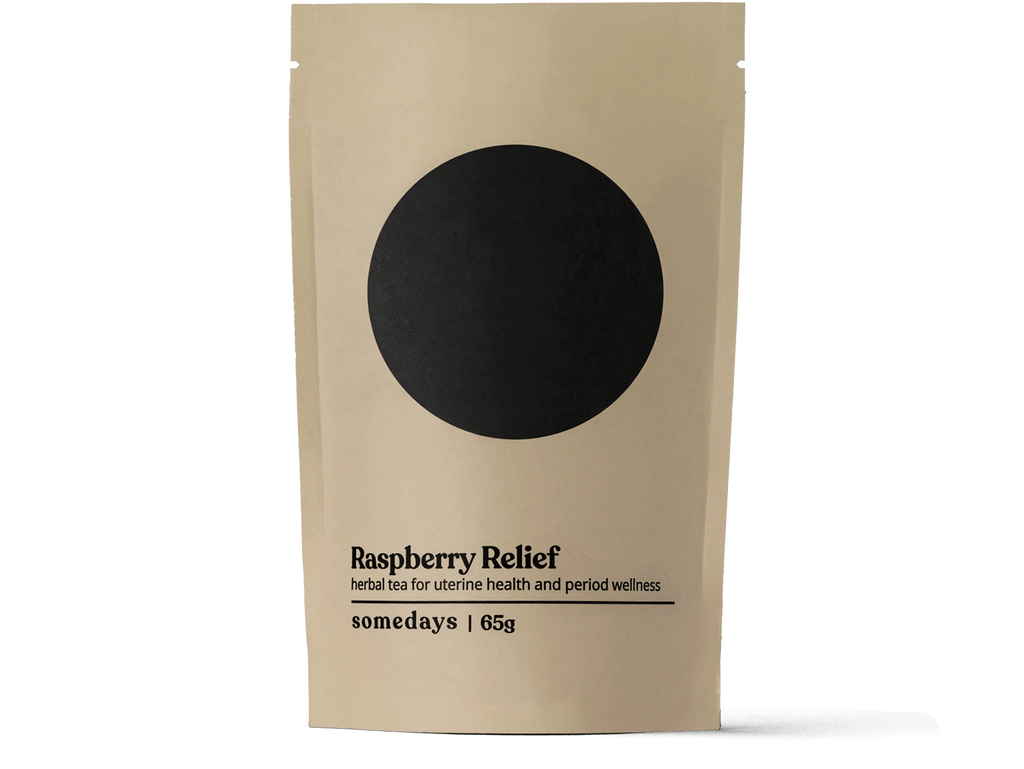The Dark and Racist History of Gynecology

An oath to do no harm applies to some but not to all. Gynecology has a shameful history of racism.
To anyone that has been paying attention, 2020 brought late but much-needed awareness and attention to the Black Lives Matter movement and race-related issues that have existed for centuries in North America and across the world.
For what felt like the first time, everyone seemed to finally be taking race-based systemic, institutional, and interpersonal prejudice and discrimination seriously and were working to make lasting changes within themselves, their families, and their communities.
The New York Times reports that the 2020 Black Lives Matter movement may be the largest movement in US history.
It peaked on June 6th 2020 when an estimated half a million people turned out in nearly 550 places across the US to stand in solidarity with the movement. Protests and rallies lasted for weeks not only in the US but also throughout many provinces in Canada as well as hundreds of other countries around the world.
While specific attention was placed on advocacy and change surrounding law enforcement and police institutions due to the tragic and unjust murder of George Floyd in Minneapolis that sparked the global movement in the first place, many other important issues surfaced as topics of great concern.
One of those issues was the prevalence and ensuing dangers of race-based discrimination and oppression within the field of gynecology.
A Brief History
A dark history of slavery in North America has ultimately resulted in deep-seeded harmful racial biases infiltrating not only the medical systems but also the people who run them and work within them.
This hurts Black people in general when they are seeking care, but especially harms Black women when it comes to gynecology and reproductive health. Dr J Marion Sims was an American Physician in the 1800’s who has been given the name ‘Father of Modern Gynecology’.
Sims "pioneered" female reproductive health-related tools and techniques currently used in modern gynecology today. He did so by conducting his research on enslaved Black women without consent, moral ethics, anesthesia or consideration for them as human beings.
His three main victims were Lucy, Anarcha and Betsey. Anarcha was forced to undergo more than 30 surgeries without anesthesia while Lucy was forced to perch on all fours for hours in complete agony while doctors worked on her only for end to end up almost dying from blood poisoning once the procedure was completed.
Once Sims had perfected his techniques via his forced experimentations, he opened up a hospital for white women where he used anesthesia.
It has been reported that Sims operated under the racist belief that Black people did not feel pain especially when compared to their white counterparts who were viewed as superior. His first priority throughout his research was experimentation and results which allowed him to give little to no regard to the Black women he was practicing on.
Sims practices and behaviours reveals a deep rooted common perception rampant during this time period that viewed Black people as commodities.
Nothing more, nothing less. Destined to be bought, sold, moved, worked, and practiced on at the whims and to the needs of their white masters. Some accurately speculate that Sims beliefs and practices ultimately let to further racist and morally unethical medical experimentations and studies such as Henrietta Lacks, a Black woman whose cells were stolen without her knowledge, and the Tuskegee Experiment where Black men were left with latent syphilis in order to study the long term effects.
Understanding this association of Black people with property, not much different from a farming machine or test animal, explains the atrocious behavior of Sims and other medical practitioners.
Lasting Consequences
For those of you thinking that these issues are a thing of the past, dont. Considering J Marion Sims has been named the ‘Father of Gynecology’, it is easy to trace the lineage of his wrongful and harmful beliefs overtime and recognize the ways they manifest today in existing health structures and institutions.
A 2016 study via PNAS (Proceedings of the National Academy of Sciences of the United States of America) found that 40% of white medical trainees held racist biases when it came to Black patients based on their being biological differences.
The summary of these differences boiling down to three folds: Black people’s nerve endings are less sensitive than their white counterparts, Black people’s skin is thicker than their white counterparts, and Black people have a stronger immune system than their white counterparts. The consequences of these perceptions are devastating.
Black patients are less likely to be administered pain medication when entering medical systems looking for care leaving them to suffer at higher rates and greater levels due to these perceptions and beliefs.
This phenomenon remains true in the realm of obstetric health as well. African American women are three times more likely to die during childbirth than white women. Furthermore these studies reveal that other factors such as higher socioeconomic status or higher education that traditionally shift statistics do not affect this outcome.
An unfortunately perfect example is the story of Serena Williams and the birth of her daughter Alexis Ohanian. After delivering via C section, Williams began feeling ill and began to worry she was developing a blood clot because of her history with clots and the fact that she had not taken her daily anticoagulant due to her C section surgery.
Upon telling a nearby nurse what she was experiencing she was met with invalidation and dismissal and the reasoning that her pain medication was making her confused. Only after repeatedly and repeatedly asking for a CT scan with contrast and IV heparin was she finally supported only for multiple blood clots to be discovered in her lungs.
When it comes to pelvic pain conditions, African American women are 50% less likely to be diagnosed with endometriosis.
Reports also reveal that Black women are also much more likely to receive a lower quality of care following their diagnosis. While stats can be manipulated and interpreted in different ways, what cannot be challenged is the very real and very deep distrust that spans between Black communities and medical institutions due to this history of racial oppression.
The Solution
The reality of the situation when it comes to Black women and pain is disheartening, to say the very least. Black women deserve better than having to fight against those who swore an oath to do no harm against them to get the help they need.
There is hope through advocacy groups such as Endo Black who are working tirelessly and effectively to bring much needed awareness and eventual lasting change to these issues.
At the same time they are building beautiful communities of support for Black women with endometriosis specifically so they don't have to feel alone anymore. Their mission is to create endo-sisterly love, true bonds, and friendships. They are creating safe spaces for women to ask questions, to be encouraged, and to receive advice on how to manage their disorder.
Previous Article All Articles Next Article
All ArticlesRaspberry Relief
Powerful blend of plant medicines known for their ability to relieve period pain and ease PMS symptoms.
$22.00
ADD TO CART



